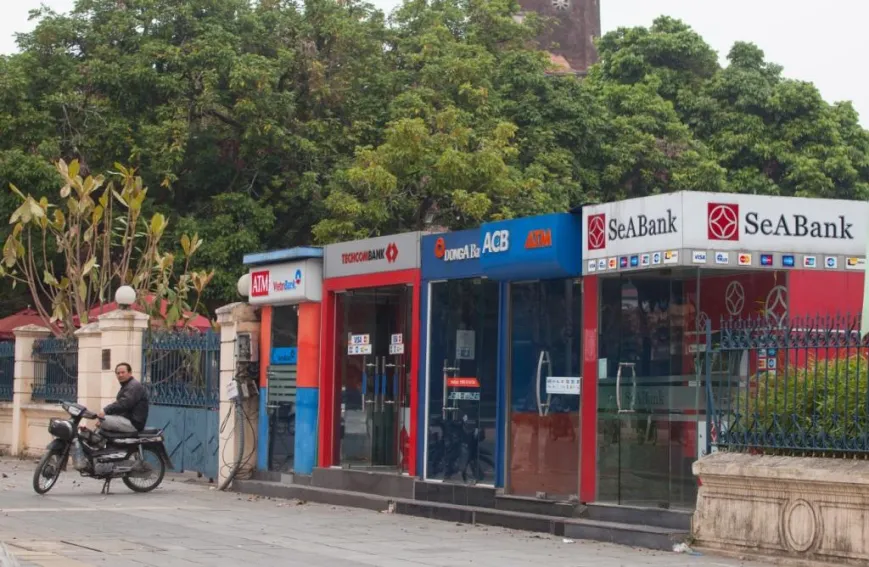
Vietnamese banks plagued by problem assets
The 2.6% NPL ratio reported in December was a grave understatement.
According to BMI Research, even though the State Bank of Vietnam (SBV) reported that non-performing loans (NPLs) ratio among Vietnamese banks remained relatively low and stable at 2.6% as of December 9, versus 2.5% in Q316, these official figures gravely understate the amount of problem assets within the banking system.
This figure does not include the bad debts held by the Vietnam Asset Management Company (VAMC), which was set up by the government in 2013 to buy non-performing assets from banks. If all these bad debts were included, the non-performing loan ratio would be 5.8% as of May 2016, according to estimates by the VAMC.
Here's more from BMI Research:
In actual fact, all credit risks still stay with the individual banks as they are required to redeem these bad debts back at a future date if the VAMC fails to restructure these assets by then.
This is a concern because since 2014, the VAMC has only managed to recoup around 7% of the VND211trn (US$9.2b) worth of bad debt that they had bought from banks, mainly by selling collaterals which were originally put up for the unrecovered loans in the real estate sector. Given that the regulatory framework around resolving insolvency remains inadequate, we believe that the pace of bad debt collection is unlikely to pick up significantly over the coming quarters.
Meanwhile, even with a significant portion of non-performing assets taken off their balance sheet by the VAMC, Vietnamese banks barely have sufficient capital buffers. Although the entire banking system recorded a capital adequacy ratio (CAR) of 12.7% as of November 2016, this ratio was buoyed by foreign and cooperative banks; meanwhile, state-owned banks which account for the lion share (45% of banking assets) of the industry only posted a CAR of 9.8%.
...But No Risk To Financial Stability
Despite the high level of non-performing assets in the banking system, we note that there is little risk to financial stability over the near-term.
At least for now, strong economic growth and macro prudential measures which are in place since 2016 (such as restricting short-term deposits that can be used for long-term loans) should help to minimize the growth of new non-performing loans, while a steadily recovering property market will be supportive of efforts by banks and the VAMC to recoup existing sour loans by selling collateral that was previously put up.
A significant part of existing problem assets in the banking system are due to the real estate market price correction in 2011-2012.













 Advertise
Advertise










